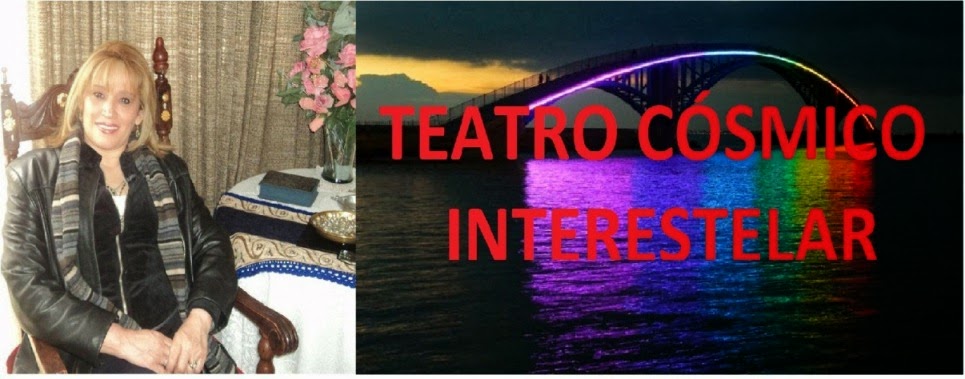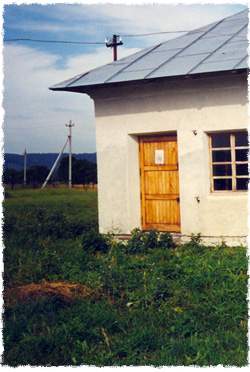Music at the Rabbi’s Funeral | ||||||||||||||||
 Meeting for the first time in many years, two great rabbis warmly embraced. Shimon of Jarosław (1759-1849) and Moshe Leib of Sasov (1745-1807) were both renowned chassidic masters. Rabbi Moshe Leib had happened upon the town of Jaroslaw, and headed straight to the study hall where he immersed himself in Talmudic texts. During a break in his learning, he had inquired by the locals regarding their welfare, and asked whether there was anything they needed. It was moments later that Rabbi Shimon, the town rabbi, entered the synagogue, and the two rabbis lovingly embraced. "Welcome to Jarosław," Rabbi Shimon exclaimed, "my dear rabbi and teacher." "No need for titles and welcoming," said Rabbi Moshe Leib. "I hear that there is a pregnant woman due to give birth soon who does not have straw to rest comfortably. Come with me, let's assist her in this time of need." The rabbis went and purchased two bundles of straw. Each hauling a bundle on his back, they made their way to the woman's hovel at the edge of town. There they prepared all that the woman needed in order to give birth comfortably, and left. A Loving Legend
In his own town, he was known to go to the homes of Sasov's widows, following his morning prayers, and greet them with a hearty "good morning"—a source of joy and comfort for women who unfortunately often felt alone in their hardships. Once, on an extremely cold night, the rabbi heard about a family that did not have firewood to heat their home. The rabbi wanted to assist, but how could he give them firewood without embarrassing them? He devised a plan to dress up as a peasant going door-to-door selling firewood. But when he tried to sell the firewood to the poor, pregnant mother, she refused, saying that she had no money to pay. And, she sighed, "Even if I would have money to pay you, our axe is broken so there's no way for us to split the wood to heat our home." "On that day when I will go to the world of all eternity, if only I would be received there with a wedding band." The rabbi, in peasant disguise, told her not to worry. He'd give them the wood on credit, he reassured, and would split the wood with his axe at no extra charge... The rabbi would regularly go to the marketplace to assist strangers who came to the city to peddle their goods by helping them unload their wagons. He would bring water to the thirsty horses whose owners were distracted by their business tasks. Once, at a wedding he arranged for a poor bride and groom, he said about the band: "On that day when I will go to the world of all eternity, if only I would be received there with a wedding band." The city residents were dumbfounded by the statement, and at the time, it was the talk of the town. The Horse Takes Another Route
At one point during the trip, the horse suddenly changed course and took her own route, going back in the direction from where they had come from. Despite their frantic attempts, the horse could not be induced to follow the route to their intended destination. Their fear continued to mount. Would they arrive late to the wedding? How could they stop the horse? Would this ruin their potential for future business opportunities in Brody? The horse continued until it reached the cemetery in Sasov. There, at the cemetery, they saw a crowd of thousands, a very unusual sight for their town—someone prominent must have died. In response to their question, one of the attendees tearfully told them that the deceased was Rabbi Moshe Leib. The horse suddenly changed course and took her own route, going back in the direction from where they had come Suddenly, they recalled what the rabbi had said about them years earlier. They even remembered the tune they had been playing when the rabbi spoke his cryptic words, and wanted to play that very same song. The townspeople, when seeing the band, also remembered what happened and a murmur rose in the crowd. Unsure at to whether or not this would be appropriate, a group of rabbis in attendance concluded that since the rabbi had made his wish known, the band should play the tune. And so, a joyous tune was played at the Lover of Israel's funeral. | ||||||||||||||||
| ||||||||||||||||
martes, 4 de enero de 2011
Suscribirse a:
Enviar comentarios (Atom)




No hay comentarios:
Publicar un comentario